Lecithin: What It Is and Why You Should Add It to Your Infusions
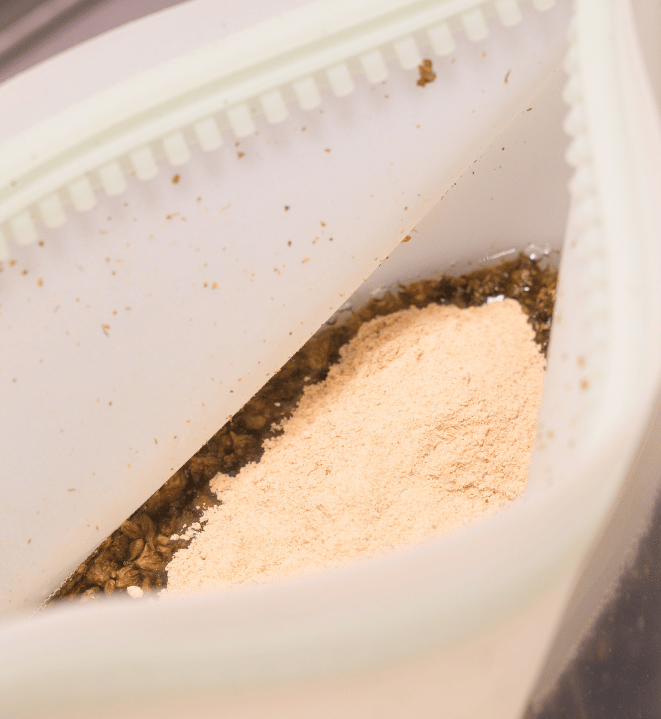
Lecithin is a naturally occurring fatty substance found in plant and animal tissues. It’s made up of phospholipids—molecules that attract both water and fat, making it a highly effective emulsifier. Lecithin is commonly sourced from soybeans, sunflower seeds, or egg yolks and is available in forms like liquid, powder, or granules.
Because of its ability to blend ingredients that normally don’t mix (like oil and water), lecithin is used in a wide variety of applications including foods, cosmetics, and personal care products. In home infusions, lecithin can help improve texture, consistency, and overall performance.
What Does Lecithin Do in Hemp Oil Infusions?
Lecithin’s main role is to serve as an emulsifier. This means it helps fats and water-based substances combine more easily and stay mixed. In the context of hemp infusions, lecithin helps the plant compounds bind more efficiently to fats in oils or butter, allowing for a more uniform and balanced result.
Why Add Lecithin to Your Infusions?
- Supports Absorption: Lecithin may help plant compounds bind more effectively to fats, which can support how well your body absorbs them when ingested.
- Consistent Distribution: Lecithin promotes even mixing throughout your oil or butter, which is especially useful for recipes that require dosing consistency.
- Extended Freshness: Lecithin can help reduce ingredient separation and may slow down oxidation, helping your homemade infusion stay fresher longer.
- Smoother Texture: Lecithin improves the mouthfeel and texture of oils, edibles, or balms by creating a creamier, more cohesive consistency.
How to Use Lecithin
Lecithin can be added during the infusion or recipe stage, depending on your process. A general guideline is:
- Use about 1 teaspoon per cup of oil or butter
- Liquid lecithin: Add directly to your oil mixture
Types of Lecithin
- Soy Lecithin: Affordable and widely available, but not ideal for those avoiding soy due to allergies or dietary reasons.
- Sunflower Lecithin: A popular non-GMO, allergen-free option. It’s derived through a mechanical (not chemical) process.
- Egg Yolk Lecithin: Less common in hemp infusions but an option for those who prefer animal-based sources.
Conclusion
Adding lecithin to your hemp oil or edible infusions is a simple way to improve consistency, stability, and usability. Whether you’re making homemade oils, body balms, or culinary infusions, lecithin helps support a smoother experience and more even distribution of ingredients. Choose the type of lecithin that fits your dietary needs and infusion goals, and enjoy an easier, more reliable infusion process at home.
This post is for educational purposes only and does not offer medical or health claims. Always consult a professional before making changes to your wellness routine.
No comments

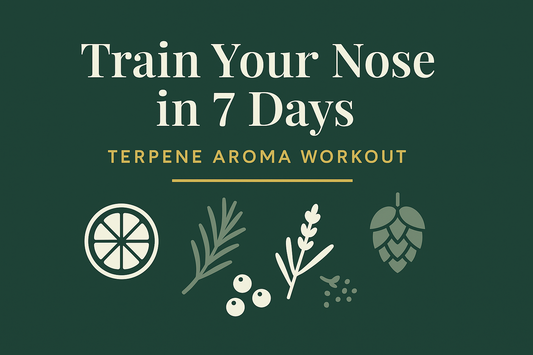
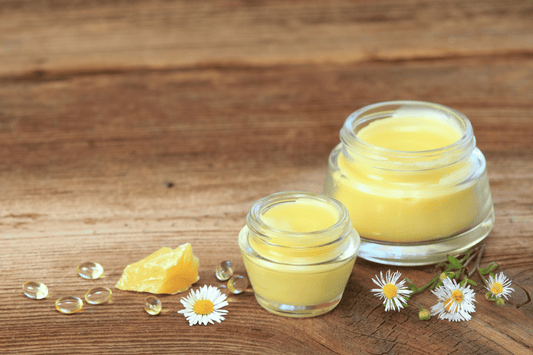
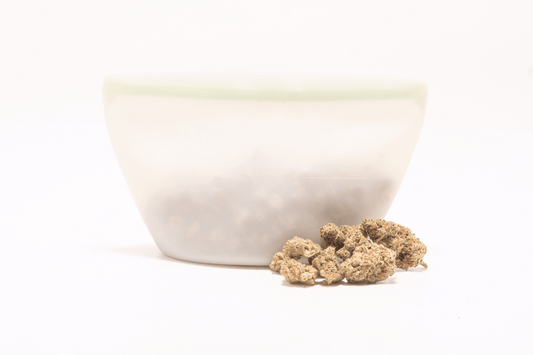
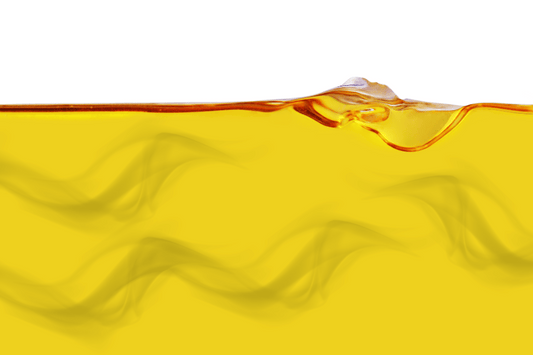


0 comments